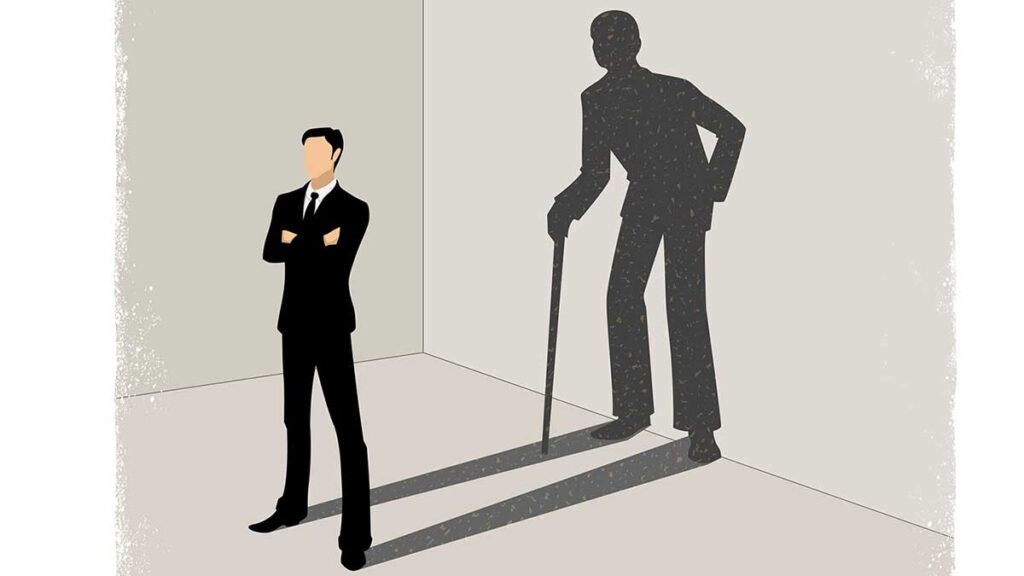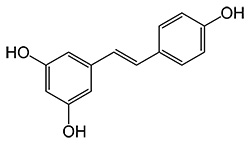
A great revolutionary change in our understanding of human biology and philosophy occurred over the last decade, and the chances are you didn’t even hear about it. It involves the science of stopping aging. That fundamental change was the formal recognition that aging is not just some inevitable process. It is actually a disease.
What caused this massive change of consensus? The answer is that we now understand a lot more about the aging process, and especially how it happens at the molecular level. This means that science is beginning to discover not only why we age, but how we can slow, stop, and even reverse it.
Aging is “A Loss of Information”
One of the most prominent theories of aging to date is the information theory of aging. The hypothesis is a simple one: we age because our bodies lose information over time.
All life on Earth is subjected to a combination of epigenetic and genetic forces that manipulate how our genetics are expressed or changed. But the two types store genetic information differently. Epigenetic information is stored in a ‘analogue’ format, like how music is stored on a vinyl, whereas genetic information is stored digitally, like how music is stored on a CD.
Anyone with a vinyl collection will tell you that, although they sound fantastic, the quality of the sound deteriorates over time. Actually, this is a big part of the reason why CDs eventually phased out vinyls.
The epigenetic information in our bodies is thought to be read like a CD player reader. While we age, the ‘reader’ becomes so corrupted and broken that it struggles to ‘read’ our digital information (the CD) properly. This is why we age.
‘Longevity Genes’ and Our Ancient Survival Circuit
The good news is, science is already familiar with at least seven types of genes in the body that work to keep us living longer. They are called ‘sirtuins.’ All seven have various different functions, but mostly they help to repair broken DNA and may help efforts at stopping aging.
Longevity genes are like first-responders. If there is ever an emergency in the body (such as when DNA breaks apart), the longevity genes rush to the scene to repair the damage. The problem is that there are trillions of incidences of DNA breaking apart in the body every day. So our longevity genes get overwhelmed.
Gerontologists believe that this curious system might be the inheritance of a survival circuit shared by the very earliest forms of complex life. All life, therefore, has it, and that may explain why almost all life ages and dies on Earth today.
The circuit has two simple modes: repair or reproduce. When life is easy going, the circuit lowers the body’s defenses, allowing it to enjoy the positive circumstances (reproduce). However, when the going gets tough, the body hunkers down and starts repairing as much DNA as possible (repair).
This repair mode is a sort of ‘state of emergency’ that calls our longevity genes into action. The paradox here is that because mild stress panics our longevity genes into action, mild stress in short doses is actually beneficial for the body.
Longevity Diets
Note that mild stress is only ever an easily manageable discomfort. Armed with this knowledge, you can make dietary changes that activate longevity genes. But remember that dietary-invoked mild stress should never involve starvation or undernourishment.
A great way to invoke mild stress is by fasting. Fasting doesn’t have to be permanent or even difficult. The important thing is to feel the twang of hunger from time to time, even if that means just skipping a meal.
The feeling of hunger is our body putting out alarm signals. As it begins to wonder when the next meal will come in, our longevity genes get to work. People who regularly fast tend to have lower blood pressure levels, lower sugar and cholesterol, and may be expected to live up to 15 per cent longer than their non-fasting contemporaries.
Eat the right stuff, but eat less of it. For more reading on this subject, consider The Longevity Diet, The Complete Guide to Fasting, or Life in the Fasting Lane.
Longevity Therapy and Exercise
Like hunger is a form of mild stress, so is being uncomfortably hot and cold. When our bodies are in an environment with a “just right” temperature — known as a thermoneutral zone — the body is almost guaranteed to be in ‘reproduce’ mode.
However if the body becomes too cold or hot, it is lifted out of the thermoneutral zone, and the body has to work hard to warm (or cool) the body. This requires stressful energy and panics our longevity genes into action.
People chase this mild stress with popular therapy techniques. Saunas are great for making the body uncomfortably hot and have many longevity and health benefits in regular users. At the opposite end of the spectrum, you are probably already familiar with cold bathing — the act of purposefully dunking oneself in icy cold water.
But you don’t have to sign up to a club or visit a spa center for longevity therapy. You can get the health benefits by wearing a tee-shirt and briskly walking around the block on a cold winter’s day. The key to both, importantly, is not to overdo it. Expose yourself for 10 minutes or less. You want mild stress, a discomfort, not hyperthermia or hypothermia.

You can double up on the longevity benefits by exercising outside of the thermoneutral zone. Sprinting around the block in a tee-shirt on a very cold day, for example. The health benefits of exercise are well known and hardly worth repeating here. But for longevity, the best type of exercise is HIIT or “high intensity” training. Short bursts of intense exercise activate what’s known as the “hypoxic response” — usually heavy breathing, a rapid heart rate, and a high degree of sweating.
Studies have shown that just 15 minutes of HIIT training every day can have enormous longevity benefits, but 30 minutes is more beneficial.
Longevity Supplements
It is actually a useful analogy to think of our longevity genes as ‘lazy.’ Of course, they aren’t really lazy, it is just that the comforts of modern society have us all almost automatically in ‘reproduce’ mode nearly all of the time. Attempts at stopping aging also falls to supplements.
But if most of us aren’t ready to force discomfort and mild stress upon ourselves, what then? Actually, there are a number of drugs and supplements already in development — and some established drugs already on the market — that might help slow down the aging process.

One such drug is metformin. This cheap drug is already prescribed all over the world for diabetics. Massive studies have shown that metformin can reduce frailty, our susceptibility to many diseases and cancers, and may even slow or reverse aging. Aspirin may also have great health benefits, along with doses of Vitamins K2 (buy here) and D (buy here). Although more research is needed.
There are over-the-counter supplements as well. RESVERATROL is one such supplement.
Is Stopping Aging Possible?
In his book Lifespan: Why We Age-and Why We Don’t Have To, the gerontologist David Sinclair said that a cure for aging looks “easier than a cure for cancer”. He also stated, boldly and confidently, that thanks to the wealth of forthcoming anti-aging drugs, and the accumulation of knowledge of what we now know about aging, that he is looking forward to meeting three generations of his great-grandchildren.
So if Sinclair — who is the head of aging research at Harvard University is to be believed — a cure for the disease we now know as aging could be much closer than we think. In that case, our society will need to prepare itself for the ethical dilemmas a cure would present. A good place to start is by checking out this fascinating article.
One thing is certain: we are definitely heading in the right direction. Even if a cure for aging isn’t immediately on the horizon, newer generations can be expected to live much longer, healthier lives than those before them. Until then, there are also ways we can remain physically and mentally healthy in old age.
— Neil Wright writes for Webster Wheelchairs.
